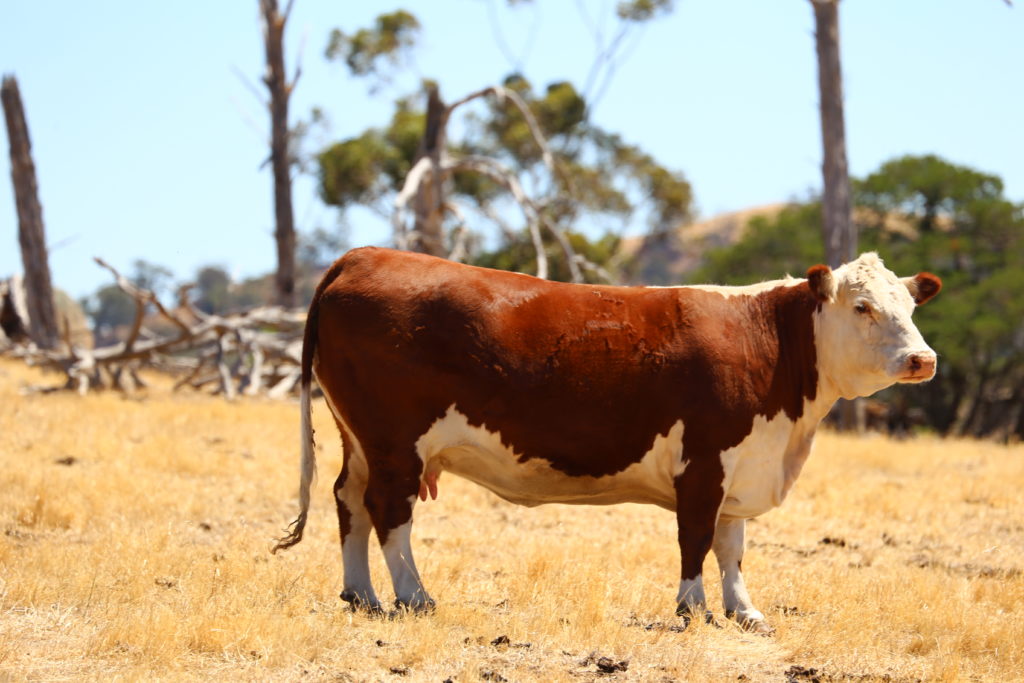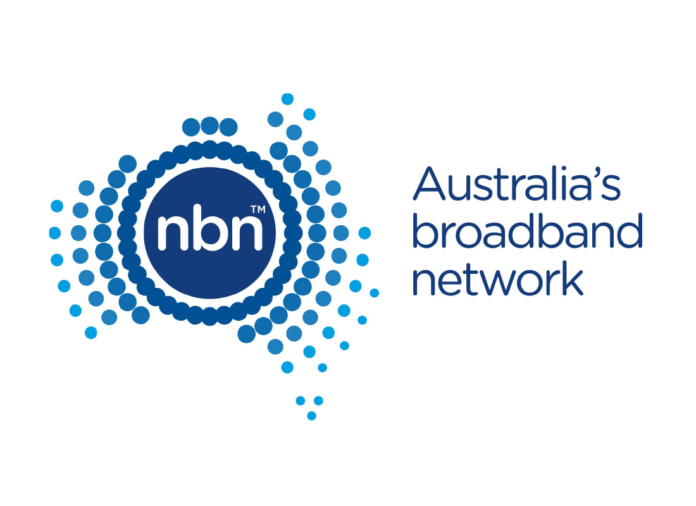As part of the new Federal Government Regional Broadband Scheme (RBS), a $7.10/month tax will be added to the bills of many non-NBN active fixed-line broadband customers to subsidize the bills of people connecting to NBN’s loss-making fixed wireless and satellite technologies which provide essential broadband services to regional, rural and remote Australians.
Only those connections capable of transfer rates over 25Mbps will be hit with the new tax; ADSL2 connections – still widely used in non-NBN areas – will not qualify, but non-NBN HFC customers and those using 3rd party fibre operators – such as TPG or OptiComm Fibre – are squarely within the new tax’s base. The new tax, though, does not apply to wireless solutions such as 5G.
The RBS is paid into a special account which in turn provides subsidies via grants or contracts to NBN Co to maintain and improve broadband services it provides to regional, rural and remote Australians.

How Interested Parties Reacted
Telstra and Optus, as operators of the two currently operational 5G mobile networks,
support the proposed RBS broadly, and unsurprisingly oppose any reform of the RBS to include mobile services because they plan on heavily promoting 4G/5G home and business broadband services.
Much of the rest of the telecommunications industry, particularly NBN-comparable networks such as TPG and OptiComm (that will be subject to the RBS) oppose the RBS either largely or entirely. In the absence of direct budget funding, some support a broad-based tax which would see the RBS extended to mobile services such as Telstra/Optus 5G.
The Productivity Commission and the ACCC expressed a view that general budget funding would be a more efficient, flexible and a less distortionary method of funding the SIP regime than the RBS.
This approach or expanding the tax (and reducing the monthly rate) to include fast home mobile broadband services seems a much more sensible and fair approach rather than relying on taxing a relatively small number of non-NBN fixed line customers.
Planning for the Future
The arrival of low earth orbit satellite broadband such as Elon Musk’s Starlink project may render the “Regional Broadband Scheme (RBS)” outdated by making service to regional and remote areas commercial profitable, and reducing the customer numbers of NBN’s Skymuster satellite and fixed wireless services.
The RBS excludes mobile network connections from the charge, giving a competitive
advantage to mobile providers over fixed-line providers. Given the increasing roll-out of
5G, various stakeholders are concerned that this will both heavily distort the market and
lead to a reduced RBS fund over time as consumers substitute fixed-line for mobile connections so they can avoid paying the RBS tax.






Thankfully the way the NFN screwed over my landline, I get to dodge this NFN feral govermutt rip-off tax grab. My landline phone connection was rendered completely unusable by the NFN going live in my area back in January. At the same time, my ADSL2+ connection on Internode dropped to an absolute crawl. Get 25Mbps on it… HAH! On a GOOD day now I’m REALLY LUCKY to get 1Mbps. Average is .4Mbps to .5Mbps with it dropping to 0 being far too common. Since January, my Android tablet on Telstra 4G, used as a WiFi hotspot, is all that keeps… Read more »
basically anti competition in a free market. I wonder how long before this is challenged. Give tens of billions to mining companies, all they need to do is halve the diesel subsidy for 8 years and the NBN was paid for. Go to 10 years and there is 75 billion to do it properly.
The petrol and diesel fuel excise could be seen as a proxy cost recovery charge to recover the costs that road users place on society such as wear and tear on pavements and air pollution. Under this approach a rebate for activities which don’t use roads could be considered appropriate. Eligible activities include mining operations, primary production, generation of electricity at a residential premise, hospitals and other institutions providing medical or nursing care, rail transport & marine transport. An alternative is to replace the fuel excise with a road usage charge. Ideally this should include a sliding scale based on… Read more »
Straight from the LNP playbook.
I’d appreciate it if you could take the time to actually dispute the points I made rather than just claim it is political bias.
For example:
1. Do you dispute the purpose of the rebate is because the eligible activities don’t use roads?
2. An argument as to why mining companies should be excluded from the rebate while other entities (e.g. hospitals or primary production) remain eligible.
The eighth StarLink launch is scheduled for around 5pm on Tuesday, which should be a good time to watch livestream. If successful that will mean 480 satellites in orbit and keep Starlink on track to start the private beta shortly and public beta by the end of the year. I expect to customers leaving SkyMuster services in droves to benefit from the lower latency (30ms) compared with SkyMuster’s 300ms. It would be interesting to know if it would be cheaper for NBNCo to subsidise StarLink services or keep operating SkyMuster satellites. I suspect the answer is yes, but thanks to… Read more »
Anyone prepared to justify their down vote?
As an amateur astronomer, Musk’s satellites are the earth orbital equivalent of junk mail strewn across the front lawn.
Attempting to promote such littering in any way, will gain an immediate down vote from me.
Unfortunately your hobby has to be balanced against the needs of millions in rural and remote locations who don’t have a decent internet service.
The good news is that SpaceX is actively working on reducing the brightness of satellites through dark materials and in the next launch a sun visor. SkyAndTelescope has an article covering this.
The lack of transparency in NBN costs to provide different services means we have no clue what the appropriate level of subsidy is or if cheaper alternatives exist.
I concur with TPG & Opticomm that all internet services including wireless, including NBN services should attract the tax as this avoids market distortion. However this potentially distorts the market by people using data associated with a mobile number. Possibly plans under 10GB/month should not incur the tax.